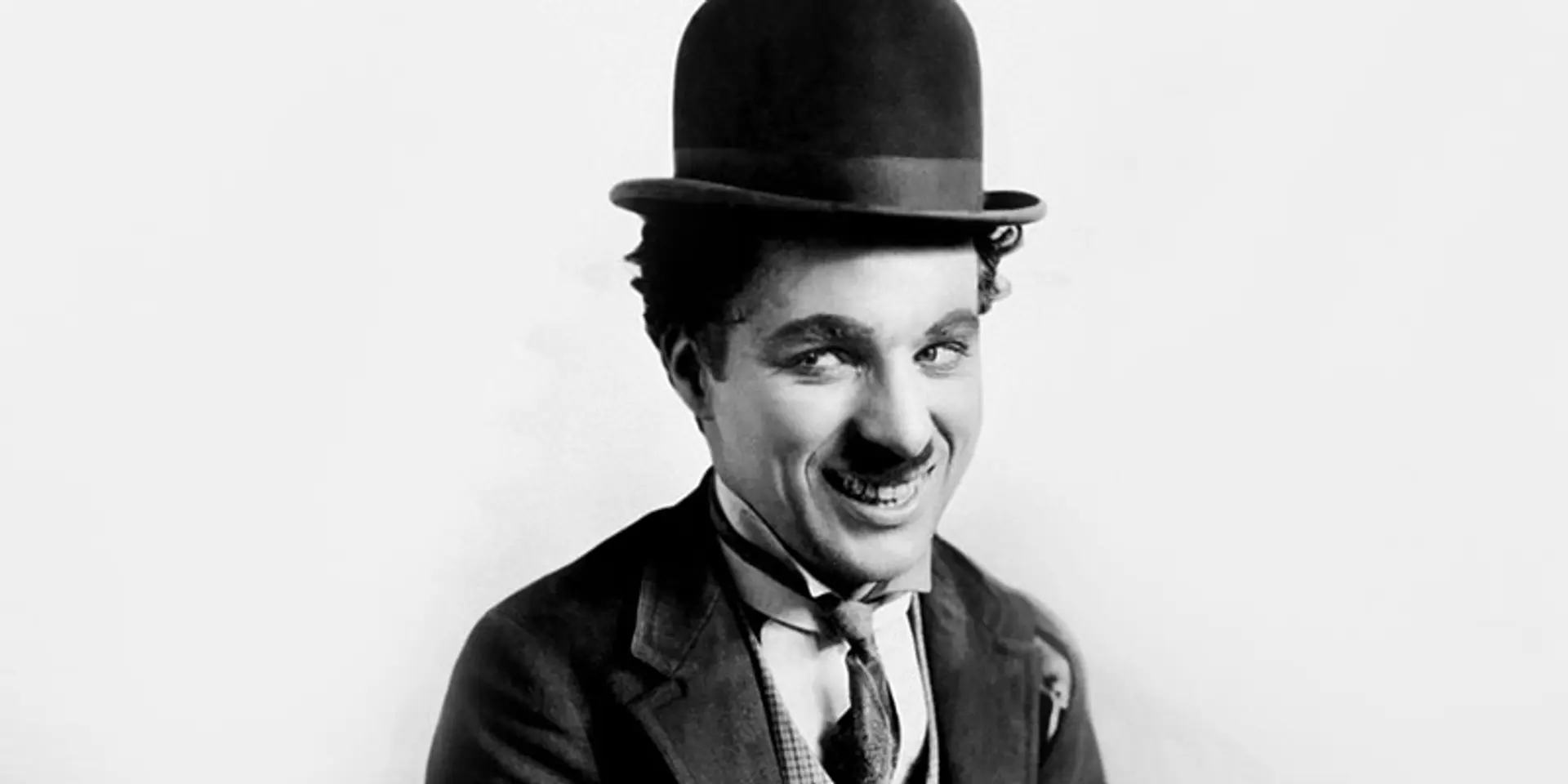Charlie Chaplin and his ‘Great Speech’ that remains relevant after 76 years
Sir Charles Spencer ‘Charlie’ Chaplin was born on April 16, 1889 in London. His childhood was fraught with hardship and poverty — an apathetic, alcoholic father who deserted his family, and an income-less mother who suffered from psychosis resulted in Chaplin being sent to a workhouse at the tender age of seven. After abandoning his education at a school for paupers at the age of 13, Chaplin began his slow and arduous climb through the world of entertainment. Having started out as a member of a dancing troupe, he progressed through minor roles in stage plays to the burlesque pieces which first gave an indication of his comedic prowess. Soon after, he was recruited by an American film studio and plunged into the world of silent films where he would soon reign supreme.

In his second movie released to audiences, Chaplin appeared on screen as ‘the Tramp’ — the on-screen persona of Chaplin identified by the baggy pants, tight coat, small hat, and oversized shoes. Several movies later, Charlie Chaplin had become a household name for movie-watchers not only in the US, but all over the world. Commensurately, he became the highest paid actor in the industry. He established, along with three other artists, an independent film studio called United Artists, which gave him the creative freedom to make films as he saw fit. The movies that followed — The Gold Rush, City Lights, and Modern Times — were the best ones he ever made, as declared both personally and critically.
When sound films first made an appearance in Hollywood, Charlie Chaplin was hesitant to embrace them as he felt that silent films were more artistic. He released two films (City Lights and Modern Times) that featured sound effects but no speaking before he finally decided to create one with dialogue. In the late-1930s, Chaplin was encumbered by controversies in his personal and professional lives which damaged his popularity in the US. Yet, as Europe reeled under the destruction wrought by the fascist regimes of Adolf Hitler and Benito Mussolini, Chaplin decided to address the world's dire socio-political environment in his next movie — The Great Dictator.
In this political comedy-drama that satirised fascism and condemned Adolf Hitler, Benito Mussolini, anti-Semitism, and the Nazis, Chaplin plays two roles of identical characters: one is a ruthless dictator named Adenoid Hynkel and the other a persecuted Jewish barber. A series of comedic events transpire and the barber is mistaken for Hynkel. In the final scene of the movie, the barber takes the stage to give a speech to the gathered masses, and it is this speech, written and delivered to perfection by Chaplin, that has surprisingly gone down in history as one of the most inspiring and evocative orations. Here's an excerpt:
“I’m sorry, but I don’t want to be an emperor. That’s not my business. I don’t want to rule or conquer anyone. I should like to help everyone – if possible – Jew, gentile – black man – white. We all want to help one another. Human beings are like that. We want to live by each other’s happiness – not by each other’s misery. We don’t want to hate and despise one another. In this world, there is room for everyone. And the good earth is rich and can provide for everyone. The way of life can be free and beautiful, but we have lost the way.
“Greed has poisoned men’s souls, has barricaded the world with hate, has goose-stepped us into misery and bloodshed. We have developed speed, but we have shut ourselves in. Machinery that gives abundance has left us in want. Our knowledge has made us cynical. Our cleverness, hard and unkind. We think too much and feel too little. More than machinery we need humanity. More than cleverness we need kindness and gentleness. Without these qualities, life will be violent and all will be lost...
“Soldiers! don’t give yourselves to brutes – men who despise you – enslave you – who regiment your lives – tell you what to do – what to think and what to feel! Who drill you – diet you – treat you like cattle, use you as cannon fodder. Don’t give yourselves to these unnatural men – machine men with machine minds and machine hearts! You are not machines! You are not cattle! You are men! You have the love of humanity in your hearts! You don’t hate! Only the unloved hate – the unloved and the unnatural! Soldiers! Don’t fight for slavery! Fight for liberty!”
This speech held special importance when it was first heard in 1940 – one year into the second World War. It gave its listeners a ray of hope in the face of overwhelming despair. It also secured a place for Charlie Chaplin in the pantheon of great orators, a commendable feat considering that he was primarily a comedian and entertainer. And the speech still maintains relevance today. Over 70 years after the death and destruction wrought during the last World War came to a halt, the world is still gripped in the vice of detrimental prejudices and ideologies. Race, religion, and nationality have divided the people who are being manipulated by those in power for their personal gains. And if things don't change soon, we might soon be heading towards another great war, and this time, it might just be the final one mankind will fight. Things need to change and they need to change now, of that there is no doubt. And perhaps messages like this one by Chaplin need to be heard once again for that to happen.







